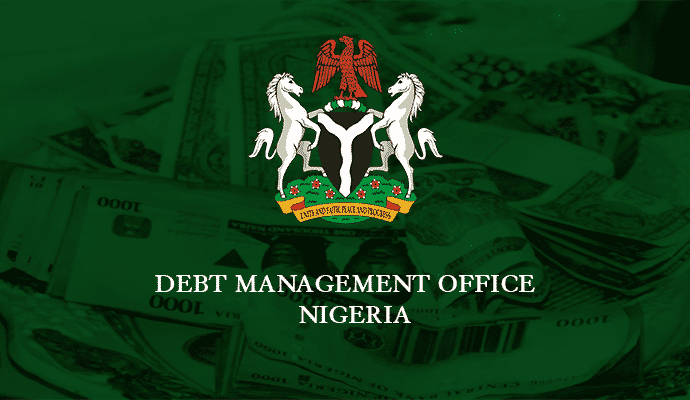DMO Targets Single-Digit Inflation, Shifts Borrowing Mix by 2027

Nigeria’s Debt Management Office (DMO) has projected that inflation will ease into single digits by 2027 as part of its newly approved Medium-Term Debt Management Strategy (MTDS) 2024–2027, which seeks to curb fiscal risks and ensure debt sustainability.
According to the DMO, headline inflation, which averaged 21.4 per cent in 2024, is expected to decline to 15.75 per cent in 2025, 14.21 per cent in 2026, and reach 10 per cent by end-2027, supported by ongoing monetary and fiscal reforms.
The economic outlook also projects GDP growth of 4.6 per cent in 2025, 4.4 per cent in 2026, and 5.5 per cent in 2027, driven largely by infrastructure investment, agricultural expansion, and improved social sector spending. On the foreign exchange front, the naira is expected to stabilise at about N1,400/$ from 2026, after closing 2024 at N1,535/$.
The Federal Executive Council has approved the updated debt plan anchored on Strategy Two (S2), which prioritises concessional borrowing from multilateral and bilateral partners over Eurobond issuance. The framework also seeks to deepen the domestic debt market with more medium- to long-term instruments to spread refinancing risks.
Nigeria has now set a debt-to-GDP ceiling of 60 per cent, below the 70 per cent thresholds recommended by the IMF and ECOWAS. Debt service costs will be capped at 4.5 per cent of GDP, while exposure to foreign currency debt is limited to a maximum of 45 per cent of total public debt.
Latest DMO data show that Nigeria’s debt-to-GDP ratio surged to 52.25 per cent at the end of 2024, up from 19 per cent in 2019, fuelled by fresh borrowing, exchange rate depreciation, and the securitisation of over N30 trillion in Ways and Means Advances from the Central Bank of Nigeria.
The DMO acknowledged that while Strategy Two offers the best balance between cost and risk, Nigeria remains vulnerable to foreign exchange shocks due to its relatively high external debt share. To mitigate this, the agency plans to issue innovative instruments such as ESG-compliant securities, Sukuk, domestic US dollar bonds, and explore debt-for-climate and debt-for-health swaps.
The debt office also warned that domestic borrowing costs will remain elevated in the medium term, with Treasury Bill yields projected above 30 per cent and benchmark bond rates above 22 per cent.
It added that the MTDS will be reviewed annually to reflect emerging shocks and market realities, ensuring flexibility in Nigeria’s debt management approach.











